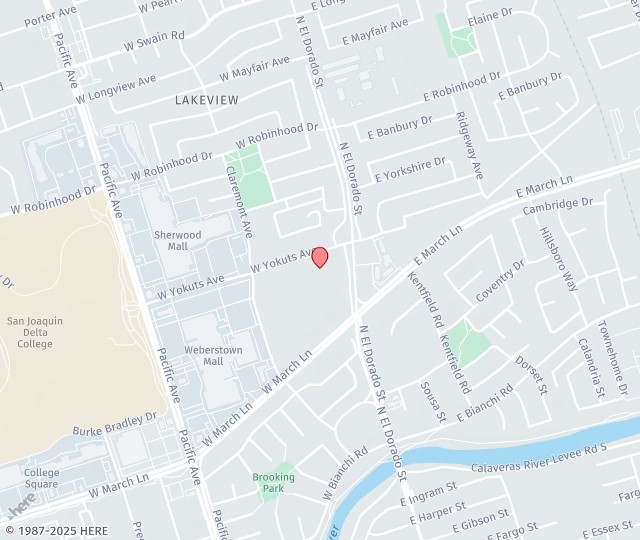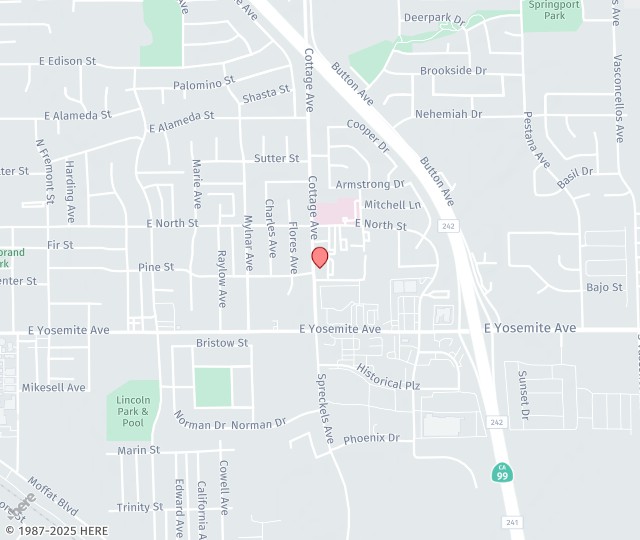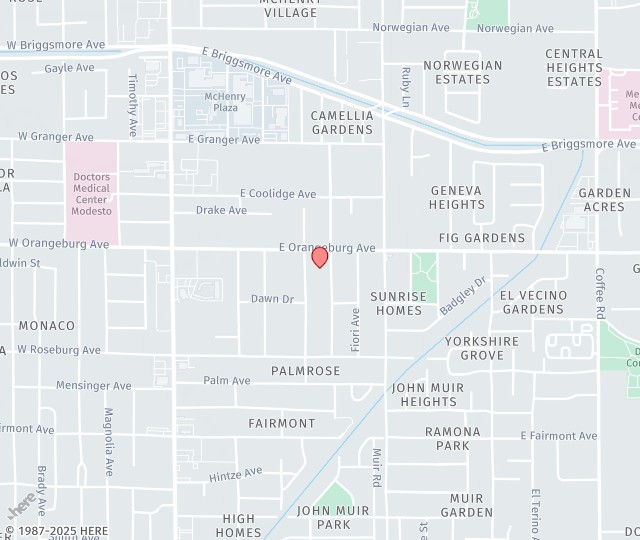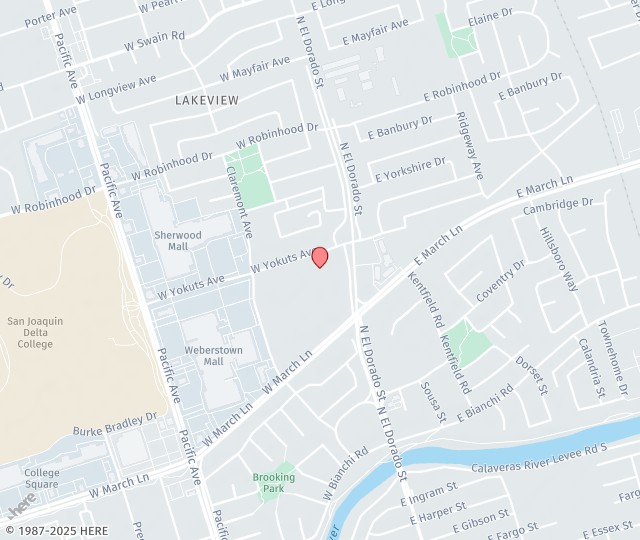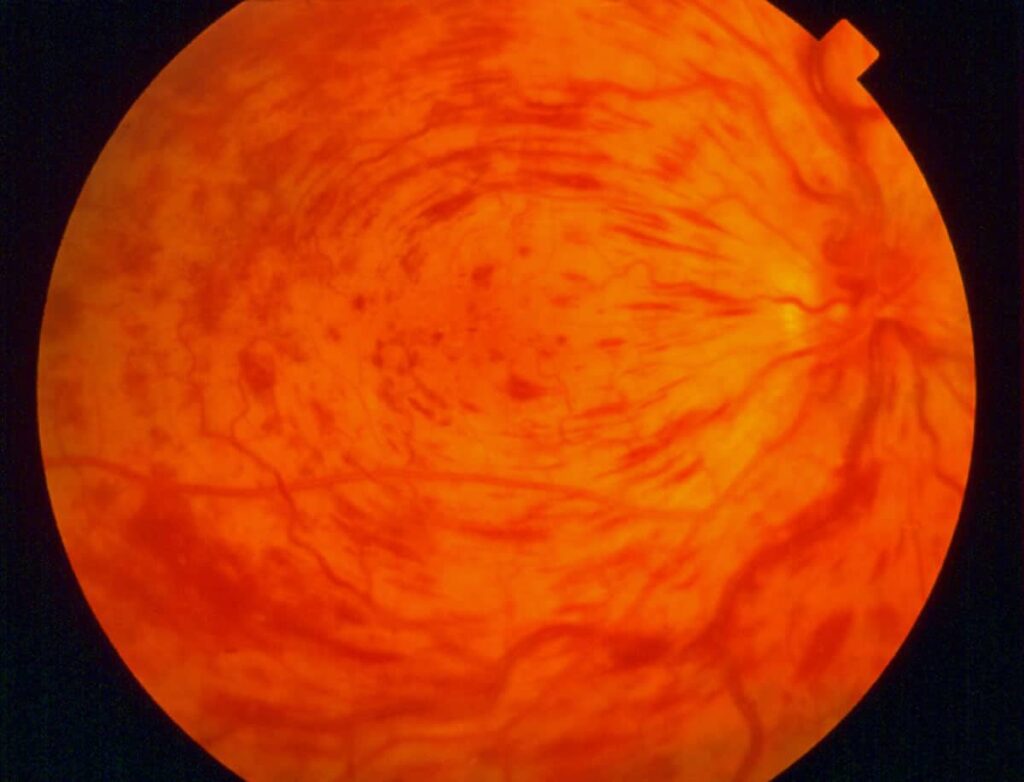
There are veins in the retina that drain blood out of the retina and back to the heart. If those veins become blocked, this can cause fluid leakage, which can lead to vision loss. If you experience a sudden loss of your central vision or a blurry or missing area of vision, call our office at once.
SCHEDULE AN APPOINTMENT
If you would like to learn more about Retinal Vein Occlusion Treatment & Diagnosis
in Stockton, Modesto, & Manteca, CA call +1 (800) 244-9907 to make an appointment at Central Valley Eye Medical Group.
Retinal Vein Occlusion FAQ’s
What Is Retinal Vein Occlusion?
Retinal vein occlusion, or RVO, is what happens when a vein in your retina is blocked. This blockage occurs in a small blood vessel that is designed to carry blood away from your retina. When this blood is not carried away, patients can experience issues with their eyes, including blurry vision, swelling, or bleeding. If left untreated, retinal vein occlusion can lead to vision loss.
There are two different types of retinal vein occlusion that can occur. These two types are:
- Central retinal vein occlusion (CRVO): This type of RVO blocks the main retinal vein.
- Branch retinal vein occlusion (BRVO): As the most common form of RVO, this type of RVO will block smaller branch veins.
Luckily, retinal vein occlusion is treatable either with injections or surgery, depending on the severity of the condition. At Central Valley Eye Medical Group, we are prepared to help you find the best treatment option for your RVO symptoms.
How Is Retinal Vein Occlusion Diagnosed?
Retinal vein occlusion can be diagnosed by eye doctors who will use a comprehensive eye exam to determine if a blockage exists and where it is. At Central Valley Eye Medical Group, our eye exam will involve dilating the eye. Then, one of our highly experienced, board-certified ophthalmologists will check your eyes for retinal vein occlusion. This process is painless and simple.
Symptoms of Retinal Vein Occlusion
- A sudden, painless loss of vision
- A sudden increase in floating spots or flashing lights
- Blurred or missing area of vision
Causes of Retinal Vein Occlusion
- High blood pressure
- High cholesterol
- Obesity
- Smoking
- Glaucoma, diabetes, and other conditions
Treatment for Retinal Vein Occlusion
To treat retinal vein occlusion, the following options may be used:
- Anti-VEGF injections
- Steroid injections
- Panretinal photocoagulation (PRP)
- Vitrectomy surgery
- Medications to manage risk factors
- Laser treatment to reduce leakage and the growth of abnormal new blood vessels.
The type of treatment depends on the cause of the blockage and the extent of damage.
Can Retinal Vein Occlusion Be Cured?
While there is no definitive cure for retinal vein occlusion, treating your symptoms will help you manage them, improve your vision, and prevent your symptoms from worsening over time.
The goals of treatment for RVO are to:
- Improve your vision or prevent it from getting worse.
- Identify and treat complications that can harm your vision and eye health.
- Manage risk factors to prevent future problems.
How Common Is Retinal Vein Occlusion?
Retinal vein occlusion is actually the second most common disorder that can affect your retina. According to the Cleveland Clinic, retinal vein occlusion can affect the vision of over 16 million people.
What Are the Risk Factors for Retinal Vein Occlusion?
Retinal vein occlusion is typically caused by a hardening of the arteries and the formation of a blood clot in the retina. The risk of developing RVO can increase as you get older and if you have other health conditions that may affect the health of your eyes. The following conditions can increase your risk of developing RVO:
- Atherosclerosis.
- Diabetes.
- Glaucoma.
- High blood pressure.
- Being over the age of 40. However, many patients under 40 can still experience symptoms of RVO.
The best ways to prevent developing RVO can include:
- Managing health conditions that can affect your eyes, such as diabetes and high blood pressure.
- Eating a balanced, nutritious diet.
- Sticking to an active lifestyle to stay healthy, maintain a stable weight, and avoid high blood pressure.
- Visit your eye doctor regularly to monitor your eye health and other symptoms.
Get Treatment for Retinal Vein Occlusion Today
At Central Valley Eye Medical Group, we are committed to helping patients in Stockton, CA, and its surrounding areas achieve optimal eye health by managing their retinal vein occlusion symptoms. To schedule a consultation at one of our four California locations, click here or call +1 (800) 244-9907 to find out which RVO treatment is best for you. Our fellowship-trained specialists look forward to helping you get the treatment you need.
